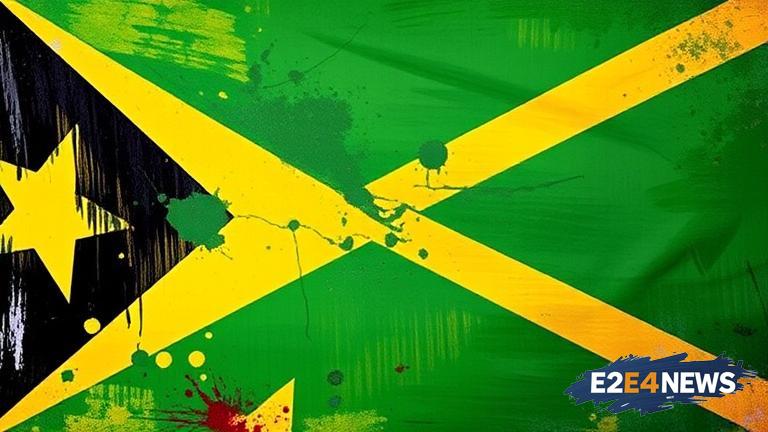The concept of a ‘real country’ is often subjective and influenced by various factors, including economic development, political stability, and international recognition. In the case of Guyana, the country’s sovereignty has been called into question, with some arguing that it does not meet the criteria of a ‘real country.’ However, this perspective is often rooted in double standards, with Guyana being held to a different set of expectations than other nations. One of the primary concerns is the country’s economic development, with some arguing that Guyana’s economy is too small or too dependent on foreign aid. Nevertheless, Guyana has made significant strides in recent years, with the discovery of oil reserves and the implementation of policies aimed at diversifying the economy. Despite these efforts, the country still faces challenges, including a lack of infrastructure and a shortage of skilled workers. Furthermore, Guyana’s political stability has been a subject of concern, with some arguing that the country’s democratic institutions are not robust enough. However, Guyana has a long history of democratic governance, with a strong emphasis on the rule of law and the protection of human rights. The country has also made significant progress in terms of international recognition, with Guyana being a member of various international organizations, including the United Nations and the Caribbean Community. Moreover, Guyana has a unique cultural identity, shaped by its history, geography, and demographics. The country’s cultural heritage is a blend of indigenous, African, European, and Asian influences, making it a distinct and valuable contributor to the global community. In addition, Guyana’s natural environment is one of its most significant assets, with the country being home to a vast array of flora and fauna. The country’s rainforests, savannas, and waterways are not only important for biodiversity but also provide ecosystem services that are essential for human well-being. Despite these strengths, Guyana still faces significant challenges, including climate change, deforestation, and pollution. To address these challenges, the country will need to develop sustainable policies and practices that balance economic development with environmental protection. This will require a concerted effort from the government, civil society, and the private sector, as well as international cooperation and support. In conclusion, the question of whether Guyana is a ‘real country’ is complex and multifaceted. While the country faces challenges, it also has significant strengths and opportunities for growth and development. By recognizing and addressing the double standards that often apply to Guyana, we can work towards a more nuanced understanding of the country’s sovereignty and national identity. Ultimately, Guyana’s status as a real country is not determined by external perceptions but by the country’s own unique characteristics, strengths, and contributions to the global community. The country’s future will depend on its ability to navigate the complexities of the modern world, while remaining true to its values and principles. As Guyana continues to evolve and grow, it is essential that we recognize and respect its sovereignty, while also providing support and cooperation to help the country address its challenges and achieve its full potential. By doing so, we can promote a more just and equitable world, where all countries are treated with dignity and respect. The implications of Guyana’s sovereignty are far-reaching, with significant consequences for the country’s economic development, political stability, and environmental protection. As the country moves forward, it is essential that we prioritize its unique needs and challenges, while also recognizing its contributions to the global community. In the end, Guyana’s status as a real country is not just a matter of semantics but a reflection of the country’s inherent value and worth. By acknowledging and respecting this value, we can work towards a brighter future for Guyana and the world at large.





